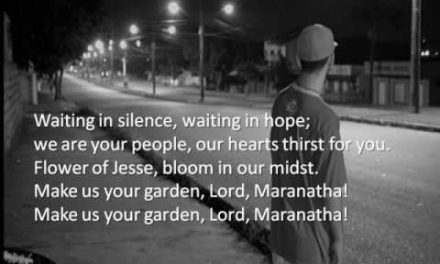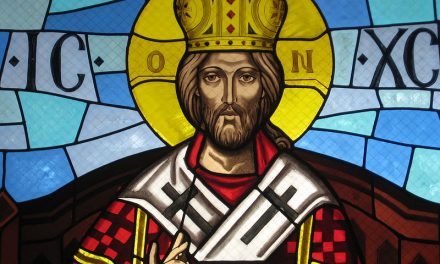Proverbs 31:10-13, 19-20, 30-31
Psalm 128:1-5
1 Thessalonians 5:1-6
Matthew 25:14-30
Recently another end-times prediction has come and gone. Oakland-based Family Radio Worldwide, an independent Christian ministry led by 90-year old Harold Camping, warned that the world would come to an end on October 21st, after he recalibrated his calculations following Jesus’s failure to return on May 21 to whisk away faithful Christians in the so-called Rapture–a word not found in the Book of Revelation but that is derived from this early letter from Paul to the Christians in Thessalonica.
Predictions about the end of the world are nothing new. One of the most famous in U.S. history happened when the Baptist farmer William Miller and his followers, who came to be known as the Millerites, experienced “The Great Disappointment.” Jesus did not come as expected on Oct. 22, 1844. Such letdowns have not deterred subsequent millennialists and dispensationalists of various stripes–including Mr. Camping–from continuing to make similar projections, many with dire consequences for those who believe them.
Indeed, a steady flow of cataclysmic speculations in recent decades includes many bestselling books, ranging from Hal Lindsey’s The Late Great Planet Earth (1970) to Tim LaHaye and Jerry Jenkins’ Left Behind series of novels. Hollywood, too, has cashed in on the widespread interest in religion and the apocalypse with blockbuster movies, such as “The Omen” in 1976 (and its sequels, as well as its remake in 2006) and most recently, “2012,” a disaster film based on prognostications from a Mayan calendar.
Many Christians in the United States, including unfortunately Catholics and mainline Protestants, dwell in an end-time paradox. They pray or sing in the Gloria Patri, “world without end, amen,” yet cull their eschatology, or theology of the consummation of God’s kingdom (“on earth as it is in heaven”), from these more popular “The end is near” sources not at all consonant with the latest biblical scholarship. Admittedly, the latter resources have not always been made readily available to the people in the pews.
Although a cradle Catholic, after my parents’ divorce I was “adopted” during my high school years by an Assemblies of God church, where my father, stepmother and several close friends attended. There, I consumed the standard (and often anti-Catholic) fare about the Rapture (which actually refers to how we will meet and greet the coming King and his kingdom being established in all its fullness).
I wish J. Nelson Kraybill’s Apocalypse and Allegiance: Worship, Politics, and Devotion in the Book of Revelation, which I reviewed last spring in the National Catholic Reporter, had been in print back then; I might have left behind my teen angst about being left behind by Christ sooner. What Kraybill writes about Revelation applies also to the New Testament readings for today, which have to do with Christians being ready by being church, leading lives that embody and enact God’s will–that is, by being children of light. In the first century, politics, economics and religion were not compartmentalized. These would “converge in acts of worship,” in allegiance to violent Roman emperors such as Nero or Domitian. Participating in that was for the children of darkness. For Jews and Christians, even coins such as the “render to Caesar” (Matthew 22:21) denarius shown to Jesus — a coin that bore an image (eikÿn) of Emperor Tiberius and was inscribed “son of the divine Augustus” — symbolized a usurpation of allegiance that rightfully belongs to God.
Although originally written for an audience nearly 2,000 years ago, we still need these reminders to stay alert and to prepare for the coming of God’s kingdom. Kraybill writes, we need Revelation, for example, “to jolt us out of our slumber, to open our eyes to see idolatry and injustice that pervade globalization and empire today.” In addition to nationalism, there are now other functional equivalents of empire that seek to claim our ultimate commitment: the obvious consumerism and, I would add, an excessive focus on the family whereby blood is thicker than baptismal water. In short, whenever “our way of life” is invoked to rally the people to support any government and its policies without question (and to shop, and to kill), we are faced with a form of idolatry that Christians are called to resist by being children of light.



